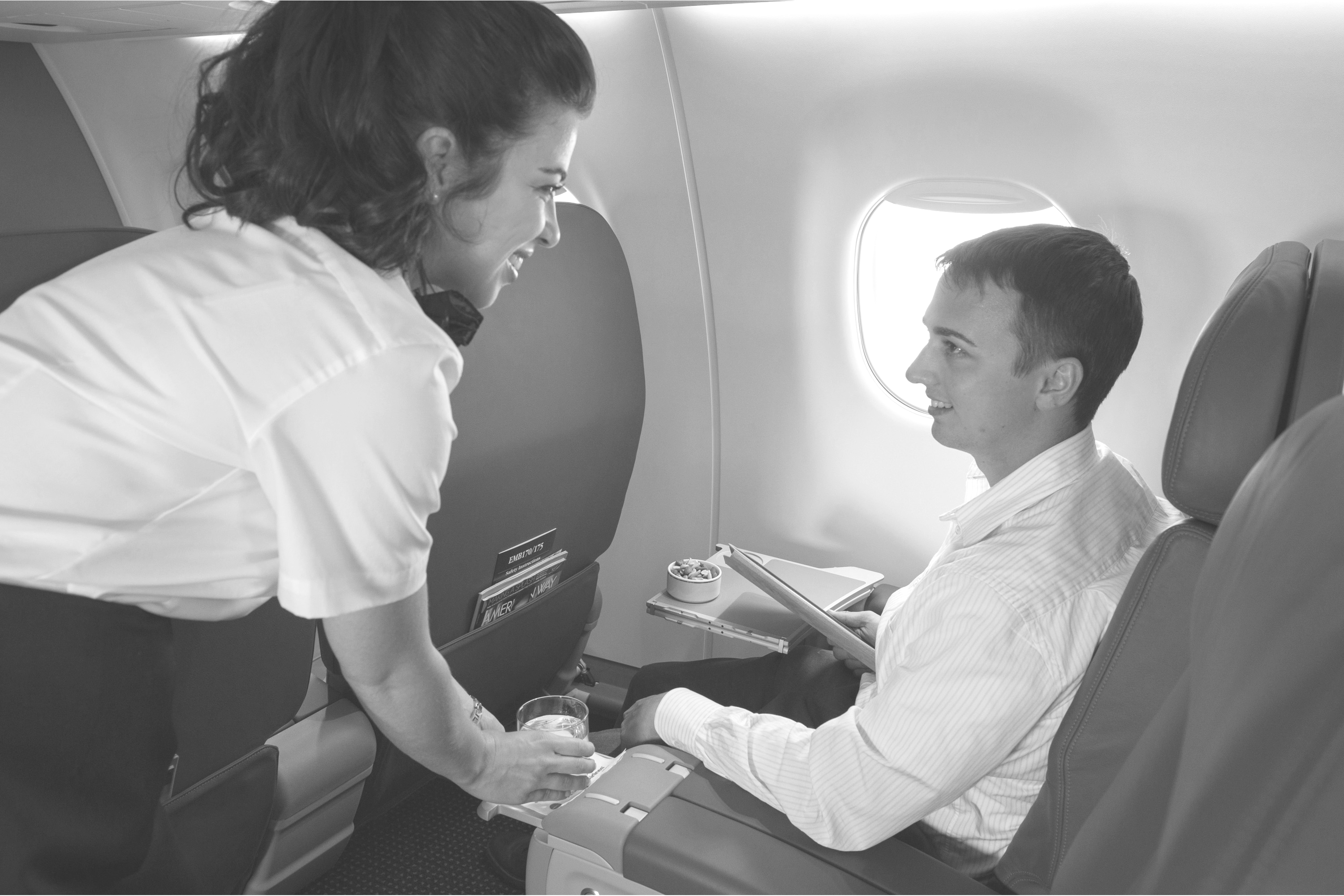Got a nut allergy? Fine, don’t eat the nuts.
As recent tensions between flyers and airlines have shown, it’s not that simple.
Those who suffer from nut allergies don’t have to eat nuts to suffer life-threatening reactions; it’s enough to come into contact with nut oil on hard surfaces or airborne nut allergens.
Of course, that’s true anywhere, not just onboard a commercial aircraft. The difference, though, is that a severe allergic attack in flight could result in the pilot’s being forced to divert to an alternative airport, to secure medical attention. That’s a significant inconvenience and expense for both the airline and the hundreds of affected travelers.
So it’s not surprising to read, in the New York Times, that American recently kicked a family of four off a flight after airline personnel were informed that the two children suffered from severe nut allergies. According to the report, an American spokesman justified the move as follows: “The pilot determined it would be best for the family not to travel based on the severity of the allergy and the need to divert the airline if anyone were eating nuts.”
On its website, American advises customers that “we are unable to guarantee that customers will not be exposed to peanuts or other tree nuts during flight, and we strongly encourage customers to take all necessary medical precautions to prepare for the possibility of exposure.” There’s no warning, however, that allergic flyers might be denied travel altogether.
Other airlines are more accommodating in their nut allergy policies. JetBlue promises to create a nut-free buffer zone around allergic flyers. Delta and Southwest will refrain from serving nuts on flights when allergic passengers are on board. But without thoroughly wiping down seating areas and filtering cabin air, no airline can completely protect flyers from nut allergens.
The issue poses conundrums of policy as well as practice. On its face, booting passengers off a flight because they’re allergic to nuts is discriminatory. But, arguably, it’s discrimination in the interest of sparing others the considerable inconvenience of having their trips interrupted. There’s no easy way to simultaneously accommodate the needs and rights of both parties.
Perhaps the best that can be hoped for is a consistent policy among airlines, and, whatever that policy turns out to be, consistent application of it in practice.
Reader Reality Check
What’s an airline to do?
After 20 years working in the travel industry, and almost that long writing about it, Tim Winship knows a thing or two about travel. Follow him on Twitter @twinship.
This article first appeared on SmarterTravel.com, where Tim is Editor-at-Large.


I have posted this many times.
We flew as parents and two kids with JetBlue NYC to FLL. After boarding and getting my kids started with snacks they announced that there was a peanut allergic passenger and the flight would be nut free.
We pointed out that my son was covered with peanut residue from reeses cups. There was some back and forth and ultimately, we would be permitted to fly only if my son sat in underwear and we wiped him with sterile alcohol wipes. After the flight I insisted we deplane first, before the allergic person would have to pass our row but the family laughed and continued their charade.
I am a health professional and the alcohol part was a bit rich. In actuality, it was all a bit rich.
My 10 year old son was very uncomfortable and we never even got a comment or apology from JetBlue or anybody involved.
I know people with fragrance allergies. Could they tell all fliers they can’t use perfume on their flight?